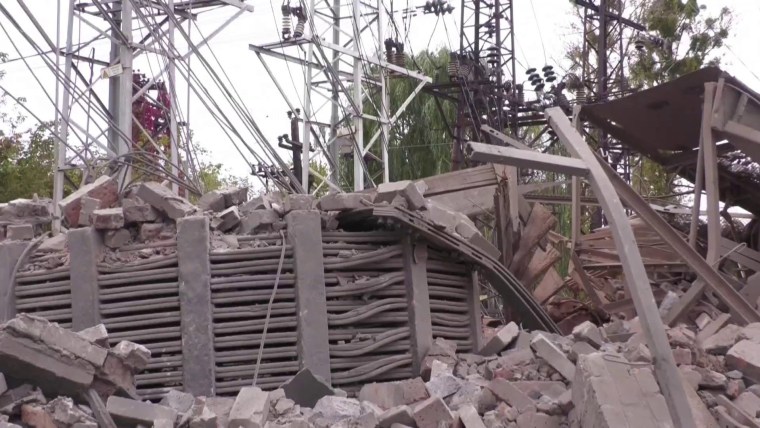Almost immediately after Putin signed the orders, the governors of the Russian regions affected by them lined up to assure their constituents that there were currently no plans to enact the same types of restrictions contained in the decrees and most likely to be imposed in annexed southern and eastern Ukraine.
Chief among these voices was Moscow Mayor Sergei Sobyanin.
“We will take the necessary measures to improve the security of civilian facilities and critical facilities,” Sobyanin wrote on Telegram Wednesday. “At the same time, I must state that at the moment no measures are being introduced to limit the normal rhythm of the city’s life.”
Few in the capital seem reassured.
Putin’s troop call-up was a shock for city residents, who for seven months had done their best to carry on with their lives. Tens of thousands of men from Moscow are estimated to have fled the country.
“One can believe or not believe politicians, they will do whatever they consider useful at any moment, so no, I am not reassured,” Alexandra, a 56-year-old retired accountant in Moscow who asked that her last name be withheld due to fears of reprisal, told NBC News. “However, I doubt that life in Moscow will change much even if martial law is imposed — it never has, even in WWII!”
Pavel Chikov, a prominent Russian human rights lawyer, warned his followers on Telegram that the answer to whether wartime restrictions can now be taken across the country is, “Yes, they can.”
Andrei Kolesnikov, an analyst at the Carnegie Endowment for International Peace, says that the mobilization effort last month shows this.
“Moscow can be considered a special place,” Kolesnikov says, “but given the fact that there was a hunt for men amongst the populations of St. Petersburg and Moscow, I can’t say that dwellers of the capitals are safe.”
Russian independent journalists Farida Rustamova and Maxim Tovkaylo, in a piece picking through Putin’s executive orders, note that the moves are legally unprecedented in modern Russia and “radically expand the powers of the authorities in the conditions of the war with Ukraine and, in fact, introduce special rules of life throughout the country.”
Taken as a whole, the orders — which in many regards are vague and unrestricted — give the Russian military, security services and regional authorities significant power to mobilize local residents and businesses to support the “special military operation.” The groundwork has also been laid to ramp up the security level in any given region to full martial law at any moment.
Beyond the four Ukrainian regions now subject to martial law proper, six Russian regions bordering Ukraine are now subject to a “medium response level,” as well as Russian-controlled Crimea. This is essentially “soft” martial law, and it allows regional governors to control movement on their territories and evacuate residents if needed.
These regions have seen restrictions since the war began, but in recent weeks authorities have been tightening their grip along the border. This has been prompted by Ukrainian strikes on buildings and infrastructure on internationally recognized Russian territory, such as in Belgorod. And last week, mobilized soldiers opened fire on their comrades at a Belgorod training ground.
The introduction of “soft” martial law in these regions suggests that the Kremlin expects Belgorod and other districts to feel more and more of the war — not out of the question given Ukraine’s successful counteroffensives. Concerns about sabotage within Russia are also growing.
A third tier, “heightened readiness,” has been imposed across the rest of Russia’s western and southern administrative regions that are not covered under the “medium response” tier — this would include the nation’s capital, Moscow. The rest of the country is subject to a “baseline” readiness level that allows greater security presence and restrictions.
Source: | This article originally belongs to Nbcnews.com











